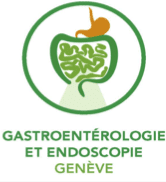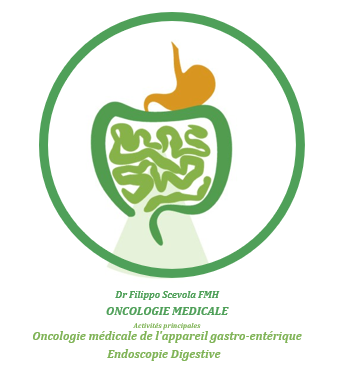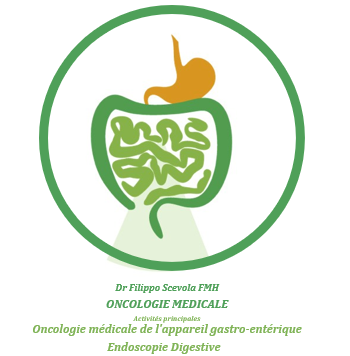SCREENING AND PREVENTION
It has been observed that certain families display a heightened prevalence of pathologies affecting the gastrointestinal tract, whether they are neoplastic or non-neoplastic, including inflammatory, functional, or genetic pathologies. Members of these families necessitate specialized attention and tailored screening

Oesophageal cancer
The rate of oesophageal cancer is increasing in our country. This is partly due to chronic use of tobacco products and alcohol as well as acid reflux from the stomach into the oesophagus. Acid reflux can cause damage known as Barrett’s oesophagus. This disorder leads to an increased risk of oesophageal cancer, warranting endoscopic examination. All patients suffering from acid reflux should have an endoscopy at least once in their lifetime.
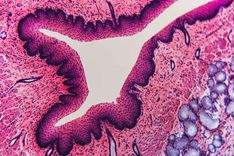
Gastric cancer
Gastric cancer most commonly develops following chronic inflammation, gastritis as a result of infection with a bacterium: helicobacter pylori. Close relatives of patients suffering from gastric cancer should be tested for this bacterium. Eradicating the helicobacter pylori with suitable antibiotics reduces the risk of gastric cancer. The incidence of gastric cancer in populations originating from Japan and China means that systematic endoscopic screening is justified.
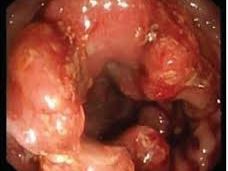
Colorectal cancer
Everyone over the age of 50 should be offered a preventative examination. The aim of this examination is to prevent disease; screening can only offer early detection.
In some cases, screening and prevention should also be offered before the age of 50. Genetic abnormalities put certain people at increased risk of developing colorectal cancer. This is the case in families with a high incidence of cancer, particularly in families where cancers of the colon have previously been diagnosed. It also applies in the case of colonic polyposis and HNPCC syndromes. The risk is also increased by inflammatory diseases of the colon lasting more than eight years.
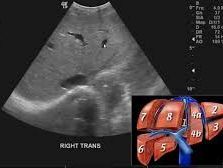
Liver cancer
Viral hepatitis is the main cause of liver cancer. Viral hepatitis is usually asymptomatic but can be detected with a simple blood test. This blood test should be offered to anyone who thinks that they may be infected.
A potentially serious new liver disease has emerged in the West: ‘NASH’, a lifestyle disease associated with excess weight; this can lead to the same complications as chronic viral hepatitis.
Ultrasound plays a central role in detecting and managing hepatobiliary disorders and disease in other abdominal organs.
We use abdominal ultrasound and liver elastography equipment offering the highest levels of performance to diagnose liver diseases.
Address
Dr. Scevola Filippo
Route de Florissant 10
1206 Genève
Legal
